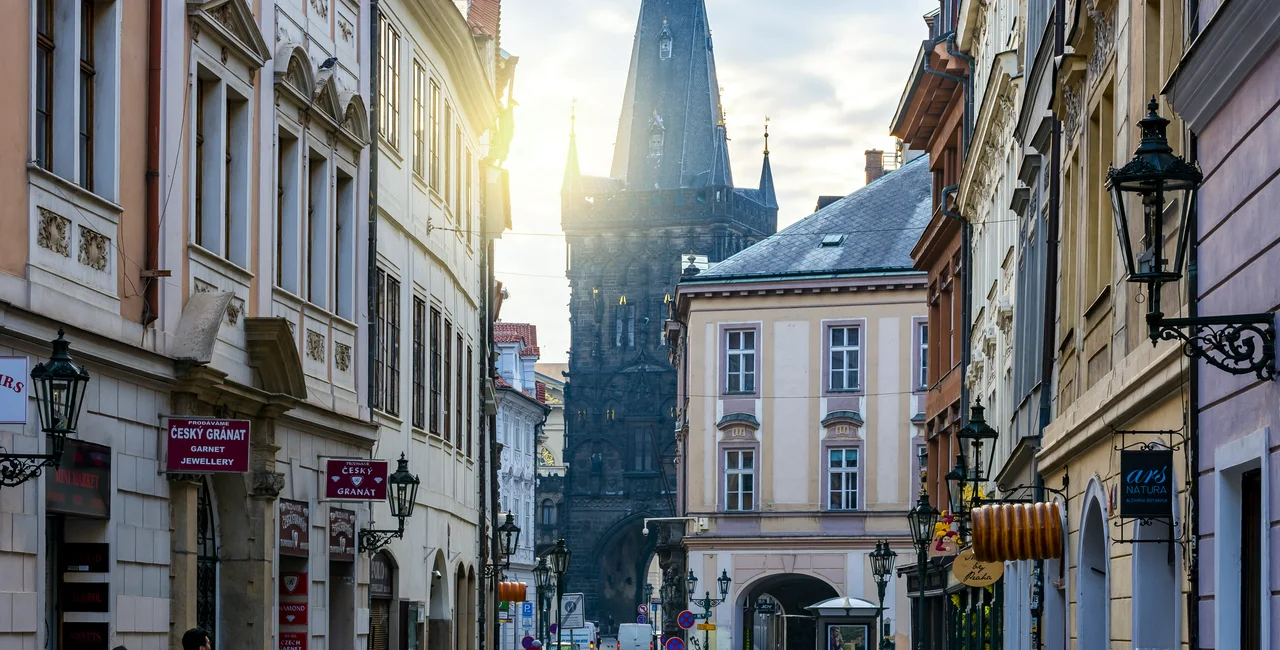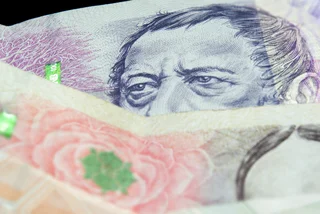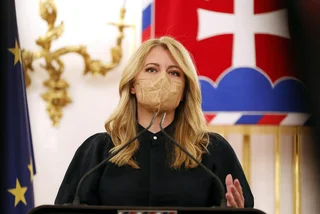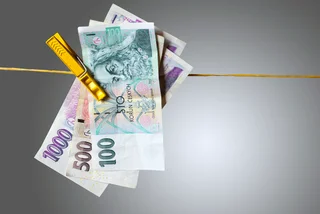12:45 Three-fifths of Czech companies allowed home working last year
New data from the Czech Statistical Office shows that three-fifths of Czech companies made it possible for their employees to work from home during the pandemic. Large differences were seen in attitudes to home working depending on the profession; companies in the field of information technology were most likely to let their employees use home office. Size also mattered: 96 per cent of large enterprises with more than 250 employees allowed home working compared to 84 per cent for medium-sized enterprises and 53 per cent of small business with fewer than 50 employees. Working from home was least common in the catering and hospitality, retail and accommodation service industries, demonstrating the stark divisions in the economy between activities which can be carried out at home, and those which cannot.
12:00 Czech museum to exhibit replica of Napoleon’s imperial crown
Turnov museum in the Liberec Region will exhibit a replica of the imperial coronation crown worn by Napoleon Bonaparte. The replica was created by renowned jeweler Jiří Urban. The museum’s jewellery collection will display the 23-centimeter-high crown made of gilded silver from this Thursday until February 6. According to replica creator Urban, the most difficult aspect of creating the crown was the engravings in precious stones undertaken by Eva Mrákotová Víšková. Urban has created seven crown replicas, including copies of crowns associated with Czech king Charles IV and Saint Wenceslas. The replica of Napoleon’s imperial crown took a year and a half to complete, with Urban claiming this is the closest to the original ever made.
11:40 Energy supplier Lumius ceases operations amid crisis
The Czech Republic’s energy crisis has deepened as Lumius, an energy provider in the Frýdek=Místek region, will cease supplying electricity and gas. The company had about 1,500 customers, most of whom will be switched to suppliers of last resort to ensure they continue to receive power despite the end of Lumius’s operations. The company blamed unprecedented high prices on the international energy market for the situation. It is the latest in a line of Czech energy suppliers to have ceased operations, with the highest-profile victim of the energy crisis, Bohemia Energy, going bankrupt last October.
Energy New government plans to phase out coal by 2033
The new Czech government plans to “create conditions” to phase out coal electricity production in just over a decade. The plan involves creating an environment in which coal power can be ended by 2033. The Czech coal commission previously recommended phase-out by 2038.
Even with the new government’s more ambitious plans, the Czech Republic will miss the targets set by global climate accords. Coal phase-out is a priority to keep global climate increases below 1.5 degrees Celsius compared to pre-industrial levels. Coal power generation has actually gone up in recent months due to skyrocketing prices for natural-gas.
Politics Large sums spent by Czech parties on October general election
The main political parties in the Czech Republic spent huge sums of money on their campaigns ahead of this year’s general election, according to a report from the office for supervising parties’ financial management. The ANO party, which during the election campaign was in government, spent CZK 87.6 million on the campaign, CZK 3 million more than the previous elections in 2017.
Part of ANO’s election expenditure went on the publishing of former Prime Minister Andrej Babiš’s book “Share it before they ban it!” The Pirates+STAN coalition spent CZK 81.3 million, an increase of CZK 8.3 million on 2017. The victorious SPOLU coalition spent a combined total of CZK 89.8 million, a small fraction short of the permitted total of CZK 90 million.
Crime Brno court releases corrupt politician David Rath on parole
Brno’s Regional Court has released former Central Bohemia governor David Rath (ČSSD) from prison after serving more than half of a seven-year sentence for corruption. The court said that Rath’s evaluation by prison authorities has been very positive, and despite a complaint from prosecutors, he has been granted early release from jail.
Rath was arrested in May 2012 carrying a bribe of CZK 7 million in a wine box. He was later found guilty of influencing tenders for the reconstruction of Buštěhrad Castle in the Kladno region, as well as a grammar school building in Hostivice near Prague. He received a seven-year sentence as well as a CZK 10 million fine. He was also barred from political activities in the future.
International Fiala makes first international trip to Slovakia
Petr Fiala is making his first international visit as Czech Prime Minister today. Fiala is heading to Slovakia; tradition dictates that Slovakia is the first foreign visit made by a new Czech leader. He will meet with his Slovak counterpart Eduard Heger, and will also meet President Zuzana Čaputová.
Fiala will discuss bilateral cooperation with Heger, including regional and wider European issues. Protecting the eastern border of the EU, the bloc’s enlargement into the Western Balkans and the EU’s Green Deal will all be discussed. The Czech presidency of the EU in the second half of this year will also be on the agenda, as will the Slovak presidency of the Visegrád Group.
Travel Czechs’ holiday spending has grown during Covid
The pandemic has led to an unprecedented reduction in international tourist travel. But according to the Czech Republic’s largest travel agency Invia, the amount which people spend on their holidays has grown in the last two years.
In 2021, Czech tourists spent an average of CZK 15,500 per trip. Before the Covid pandemic struck, people spent an average of CZK 2,000 less. All-inclusive hotels are popular among Czechs; last year, 64 per cent of Invia clients opted for an all-inclusive option. Around half of people chose a four-star hotel, while a quarter preferred five-star accommodation. Czechs’ most popular destination with the travel company was Greece.












 Reading time: 4 minutes
Reading time: 4 minutes 































